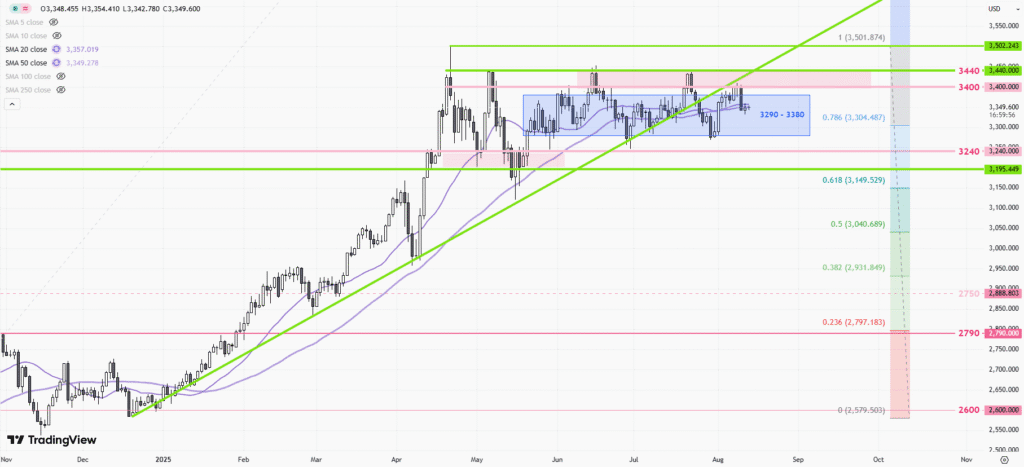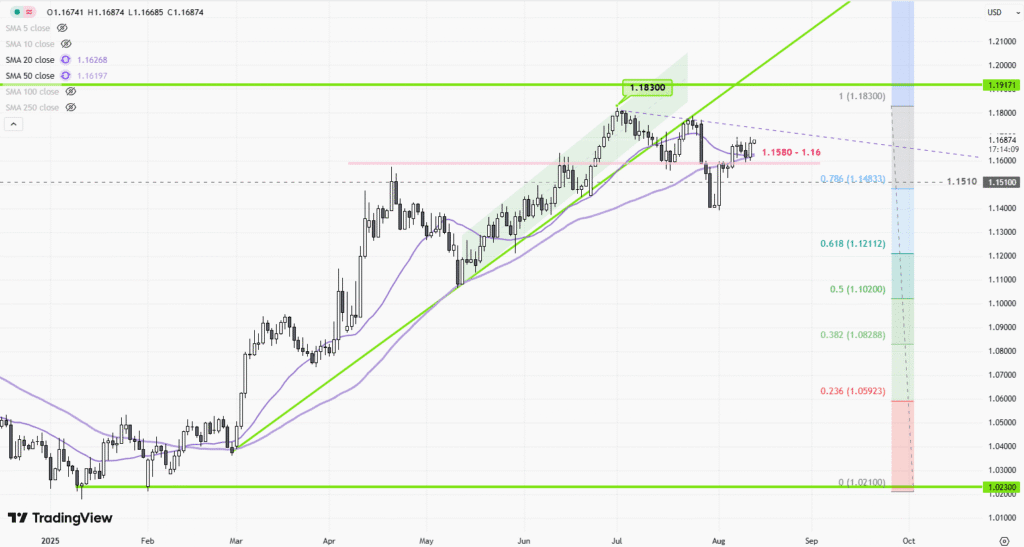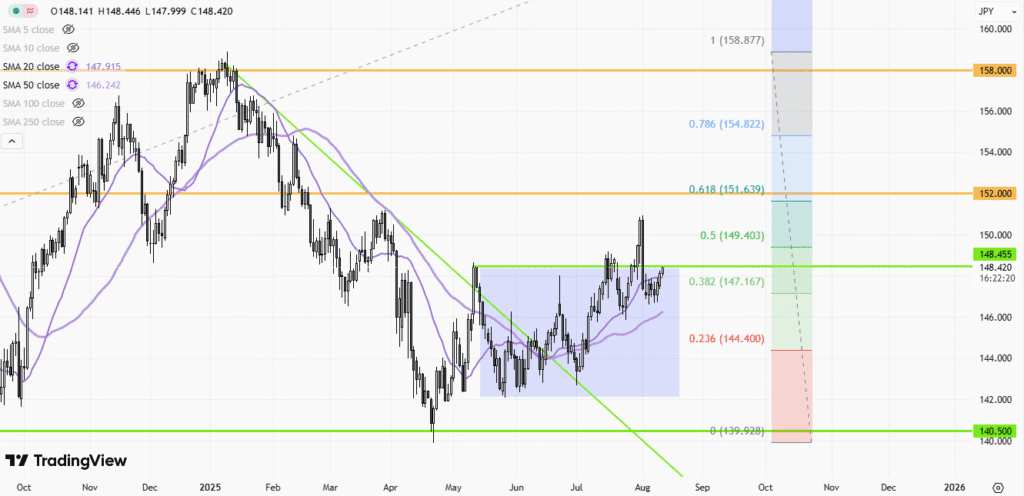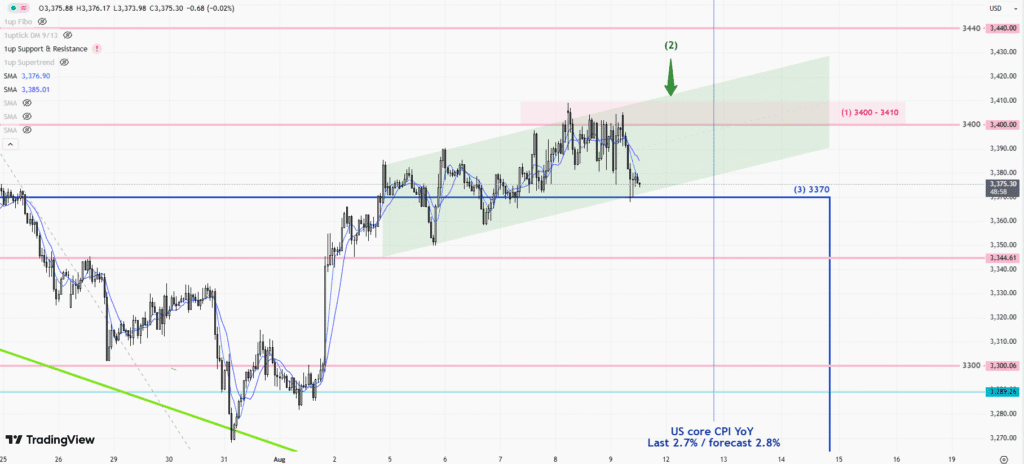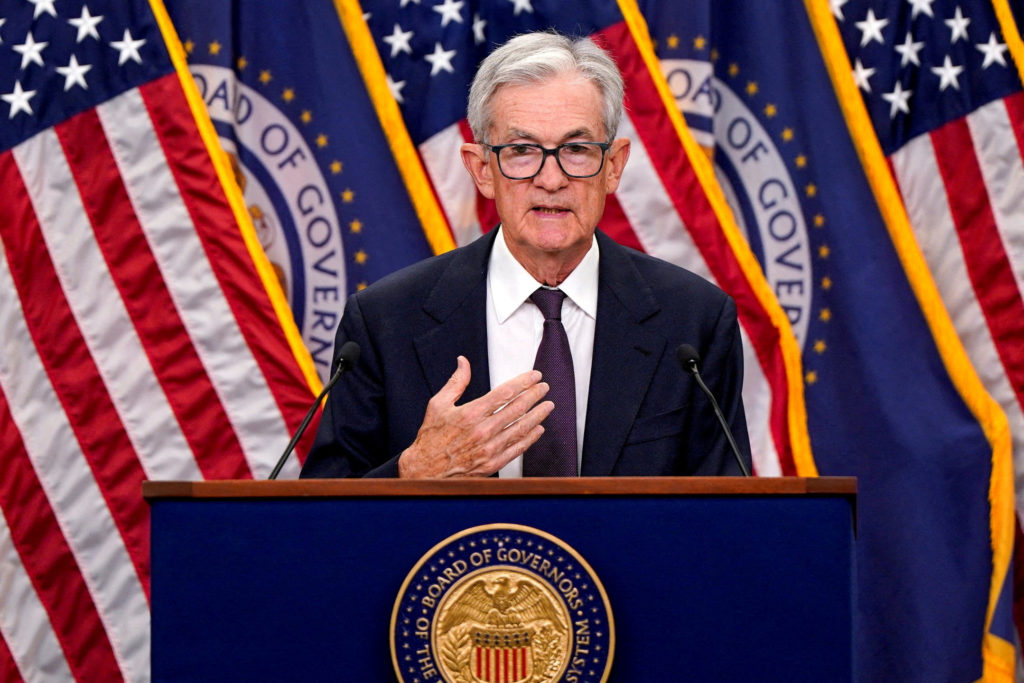 |
| Gold V.1.3.1 signal Telegram Channel (English) |
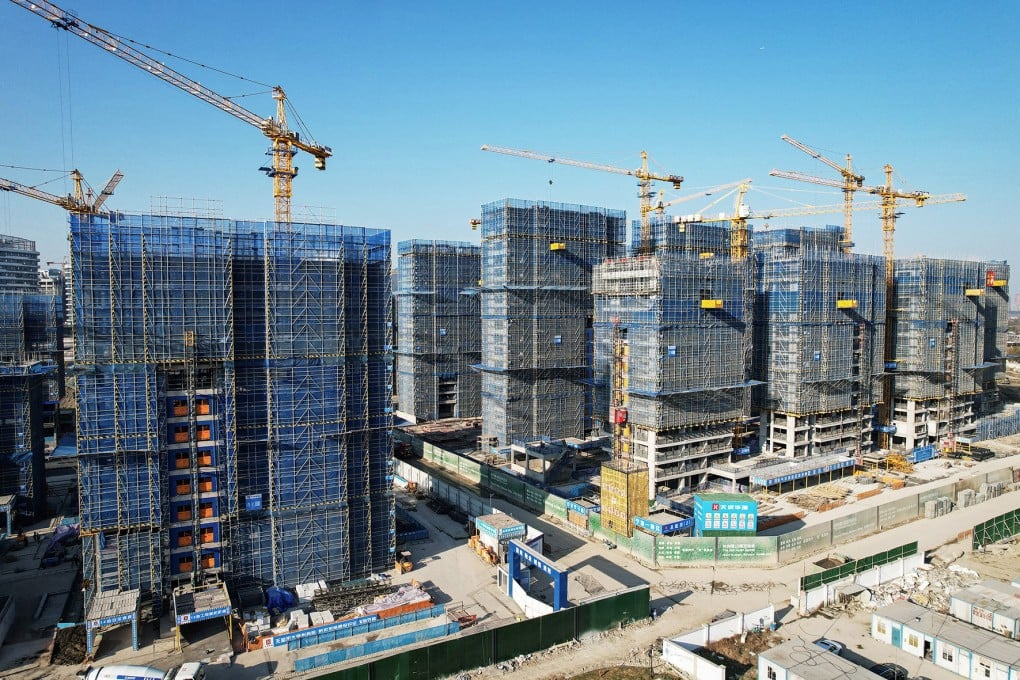
China’s Property Market Rebound? Developers Bet Big on Land
2025-02-28 @ 01:00
China’s Property Market Shift: Developers Betting on Recovery
Chinese Developers Buying Land at a Premium: A Sign of Market Optimism?
China’s property market might be witnessing a turning point as state-backed developers make a bold move—purchasing land at a **premium**. This strategic decision suggests growing confidence that the **market downturn may be nearing its end**.
This development follows a series of **government interventions** aimed at stabilizing a struggling real estate sector that has faced turbulence since 2020. But does this signify a true turning point or just a temporary uptick? Here’s what market analysts are saying about the recent shifts.
Government Intervention: Stabilizing the Property Market
The **Chinese government** has been working aggressively to support and stabilize the property market through several initiatives. One of the most critical measures includes:
- Local governments purchasing idle land: To ease the financial burden on developers, Chinese local governments are using special bond issuances to acquire undeveloped land. This move aims to restore balance between supply and demand.
- Expansion Plans for 2025: Currently, this land acquisition strategy has been implemented on a **smaller scale**, with **major activity concentrated in Guangdong province**. Analysts suggest that for the policy to have a widespread impact, it must expand into more cities across China.
- Funding Liquidity: By buying unused land, the government is attempting to inject fresh cash into struggling developers, alleviating short-term financial strain.
Despite these moves, experts from E-House China Real Estate Research Institute stress that **government support must be scaled up further** to significantly contribute to market recovery.
What’s Next for China’s Property Prices? Market Predictions
The outlook on China’s **real estate market remains mixed**, with leading financial institutions offering varied predictions:
- Fitch Ratings: Forecasts **a decline in home prices by another 4% to 6% in 2025**, pointing to the ongoing market correction.
- Goldman Sachs: Provides a more nuanced analysis, suggesting that **if government policies remain strong, prices could stabilize by late 2025**. However, **without continued intervention, property prices could drop another 20% to 25%**, slashing values to nearly half their peak levels.
The contrasting predictions underline the **uncertainty persisting in the sector**, making it essential for policymakers to **carefully navigate future interventions** to avoid further price erosion.
Surge in Secondary Market Sales: A Sign of Recovery?
One **positive market indicator** is the significant growth in **secondary home sales**. Recent data from **S&P Global Ratings** reveals that:
- Secondary market transactions in high-tier cities have outperformed primary housing sales since 2022.
- New policies introduced in September 2024—including **cutting interest rates on current mortgages** and **easing downpayment requirements**—have sparked fresh buyer interest.
- December 2024 saw a **74% increase in secondary home sales**, highlighting strong housing demand despite broader market challenges.
However, analysts warn that while increased secondary sales indicate **a recovering appetite for housing**, they also pose a **tricky problem for developers**—as emphasis on resold properties might pull demand away from new developments, further straining cash flows.
Developers Face Challenges Amid Market Recovery
Despite the optimism reflected in **premium land purchases**, China’s property developers are navigating an **uncertain economic landscape**. Key challenges include:
- Inventory Struggles: Many developers are still coping with **large unsold inventories**, making it difficult to allocate funding for new projects.
- Continued Debt Pressures: With market recovery still fragile, **credit constraints** remain a significant challenge for **private developers**, leading to a further shift towards state-owned firms dominating the market.
- Industry Consolidation: Many smaller developers are struggling, resulting in a sector that is increasingly **dominated by fewer but larger state-owned firms**.
As we move further into 2025, the race between **policy effectiveness, market forces, and developer strategies** will determine whether China’s property market truly bottoms out—or faces



